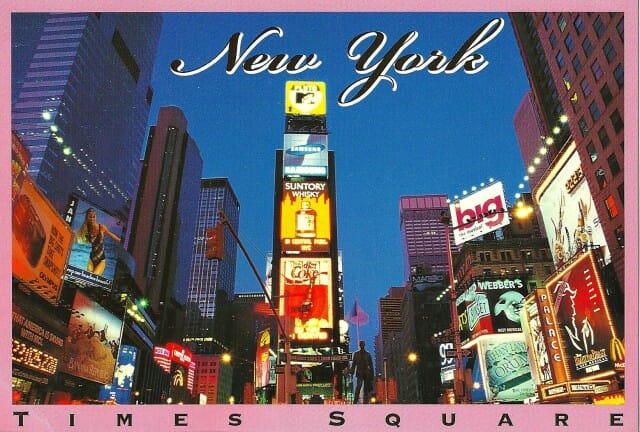
On July 31, 2015, the New York State Department of Health awarded five licenses for medical marijuana cultivation, processing, and distribution authorized by the state’s Compassionate Care Act that went into effect on July 5, 2014. These five license recipients now have a deadline of January 5, 2016, or eighteen months from the date the law went live, to have product available for patients.
To recap, New York was intended to be “the most restrictive” regime of all the states that have adopted medical marijuana laws. Only five registered-organization licenses were awarded, with each registered organization operating one manufacturing center and four dispensaries to be geographically dispersed. There is an outright prohibition on the use of the raw plant in any form (i.e., smoking), with patients needing to ingest the drug through the use of oils and vaporizers. Only five strains of the plant can actually be grown. And there currently exist only ten qualifying conditions for which the drug will be recommended. A cynic could conclude that the law’s architects created a program destined to fail.
In the end, there were 43 applicants for the five licenses. The number of applicants was significantly less than originally anticipated. The New York Post speculated in an article published on May 3, 2015 that, according to “industry insiders,” there were some 300 applicants at last count. With 43 applicants for five licenses, in a vacuum, each applicant had roughly an 11.5% chance to win a license. In the real world, it took some deep pockets to file a top-five application. Our cannabis licensing lawyers worked diligently for months on a license application for a deep-pocketed client who, very close to the end of the application process, ultimately chose not to continue due to the unpredictably of New York’s medical marijuana marketplace. This client had plenty of funding; they simply decided that the costs they were already incurring during only the application process were not warranted by the highly uncertain returns they would get in New York if they actually prevailed. Accordingly, this client began to explore other robustly regulated state marijuana markets.
There can be no doubt that the winning applicants incurred significant expense. Advisers, such as architects, security experts, and yes, lawyers, needed to be retained. A labor peace agreement with a local labor union needed to be put in place. This requirement was the first of its kind among the states with medical marijuana laws. Legal rights to property for the manufacturing center and dispensaries needed to be secured, either through conditional/option contracts or the outright purchase of the property. In an amazing display of self-confidence, one company began construction of a facility shortly after the application deadline, before licenses were issued. Valley Agriceuticals’ application scored 8th among the 43 applicants, so it was not issued a license and it appears to now be stuck with that property.
The applications were evaluated with scoring in ten categories, including product manufacturing, security, transportation and distribution, sales and dispensing, quality assurance and staffing, real property and equipment, geographical distribution, architectural design, financial standing, and “miscellaneous.” According to the Department’s website, “[t]he evaluation process was conducted by a team of professionals from within state government with backgrounds in several fields, including, but not limited to, the practice of medicine, quality assurance, analytical and medicinal chemistry, architecture and code compliance, regulatory compliance, and surveillance of health care facilities.”
With the licenses in place, the five recipients, who have already likely spent millions, will now need to invest more millions, but the questions remain: will New York’s medical marijuana program work for either its patients or its licensees? Given the strangulation hold New York has put on its cannabis program, we question both patient access to medicine as well as whether these ventures will actually be profitable or even feasible for the five licensees.
They say if you can make it in New York, you can make it anywhere. Though that may be true for other industries, we know there are other, better marijuana marketplaces out there where patients have true ease of access to a variety of medicine and where there exists less financial risk for marijuana businesses.
So, if you didn’t succeed in New York’s licensing process, don’t sweat it. There are greener pastures elsewhere.























